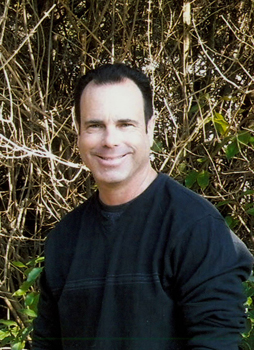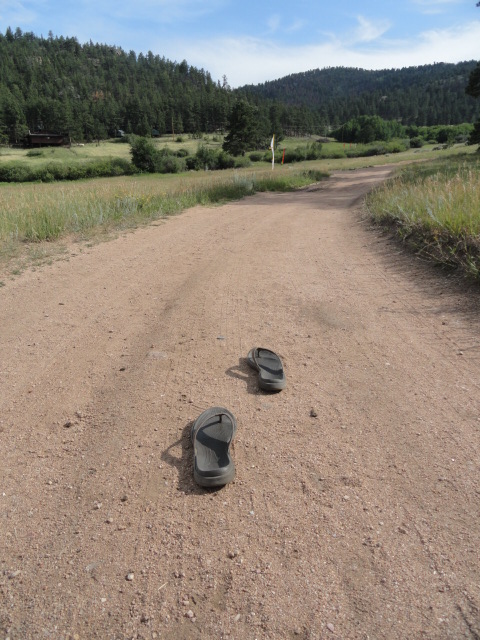Shambhala Soldier: Interview with Paul Kendel
Paul Kendel (SSG Ret), MA, is the author of Walking the Tiger’s Path: A Soldier’s Spiritual Journey in Iraq, which chronicles his military deployment in Iraq, experiences of doubt and disillusionment, and eventual introduction to and connection with the Shambhala Buddhist teachings. Paul will be co-hosting a retreat for veterans and their families at Shambhala Mountain Center August 1-4
Mindfulness helped me confront some of the hidden demons related to PTSD. Most veterans want to escape and forget about painful memories related to war, but that is the exact opposite of what one should do. Only by confronting the past can one go forward and live a productive life. Mindfulness meditation practice calms the mind and allows for the proper space for healing to begin.
Before I discovered the Shambhala teachings I had always looked at war and aggression differently than others. I recognized the need for military action under particular circumstances but I did not support the war in Iraq. I deployed because I was already in in the National Guard and it was my responsibility to serve regardless of my personal views. In Iraq I was confronted with levels of ego and aggression that disturbed me greatly. I didn’t see our mission the same as many of my fellow soldiers. I wanted to understand and help the Iraqis, not see them all as “terrorists.” The Shambhala teachings made me realize that it was okay to think the way that I did, that my views were not abnormal.
How have you generated compassion for those who meant you harm, and those allies from whom you were alienated?
The Shambhala teachings helped me understand the motivations of the Iraqis who tried to kill me as well as the views of my fellow soldiers toward them. It wasn’t as black and white as the media would like to portray. It wasn’t a simple fight against “terrorism.” The war was far more complex. The Shambhala teachings helped me see the human element. The men we hunted for or killed were human beings who had families; before our invasion they would probably never have envisioned themselves waiting in the darkness to kill another human being. Likewise, some of my fellow soldiers engaged in acts that they would never have believed themselves capable before being deployed to Iraq.
What problem in transitioning back into a civilian life would surprise someone who has had no exposure to the military?
After returning from Iraq and expressing my views from a Shambhala Buddhist perspective many people were confused. Words like “compassion,” ”basic goodness,” and “Loving-Kindness” are not usually attributed to a soldier’s experiences during war time. My views were based on an effort to understand the Iraqis, but this conflicted with a general understanding of our enemies as terrorists. “You kill terrorists, you don’t waste time talking to them,” has sadly been an all too common approach to the war on terror.
Discerning wisdom is an essential quality of enlightened action, and it seems to have opened you up to much more. Can you recall some interaction with a family member, in the difficult times, that has discerning wisdom behind it?
My experiences in Iraq gave me unusual insight and wisdom into humanity. Sometimes, dark, sometimes illuminating. It certainly shattered any romantic notions of war and patriotism. When I came home on leave from Iraq I told a story to my father and his wife about an incident where I had been nearly killed. Dotted with bad language that I had acquired as a result of my active duty service, my father and his wife got up and walked away in the middle of my story. Confused at the time I forgot about it. But later I realized they had walked away because they had been not only offended by the story but by my language. This did not fit their preconceived notions based on a sanitized understanding of “war.” The reality was that war and its effect on soldiers is not a glorified experience. It’s not all flag waving and patriotism. It’s often ugly, something my father and his wife did not want to see.




